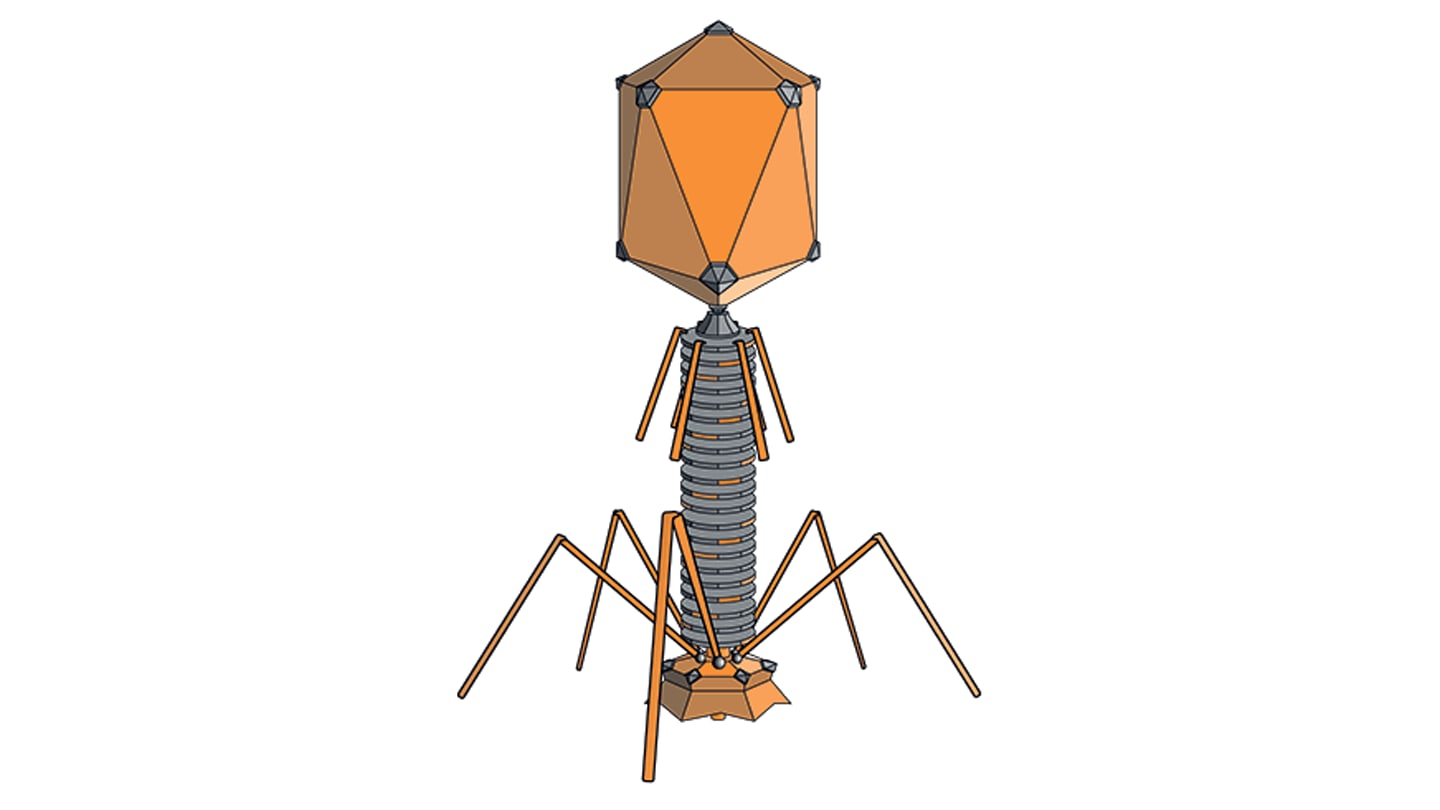
Monthly administration of the psychedelic compound psilocybin was found to extend survival in aged mice and delay cellular senescence in human cells, according to a new study. The results support the “psilocybin-telomere hypothesis” and suggest the psychedelic compound may have geroprotective effects.
Researchers treated 19-month-old female mice – thought to be equivalent to approximately 60–65 human years – with psilocybin over ten months. Mice receiving psilocybin showed an 80% survival rate compared with 50% in the control group, along with preserved fur pigmentation and coat quality.
In parallel in vitro studies, the team examined the effects of psilocin – the active metabolite of psilocybin – on human fibroblasts. In fetal lung fibroblasts, psilocin extended cellular lifespan by up to 57%. In adult skin fibroblasts, lifespan increased by 51%. Treated cells also showed reduced oxidative stress and delayed onset of cellular senescence, along with increased markers of proliferation such as sirtuin 1 (SIRT1).
“Most cells in the body express serotonin receptors, and this study opens a new frontier for how psilocybin could influence systemic aging processes, particularly when administered later in life,” wrote the senior author, Louise Hecker from Emory University.
The study also reported increased expression of antioxidant regulators such as nuclear factor erythroid 2-related factor 2 (Nrf2) and decreased expression of Nox4, an enzyme associated with oxidative cellular damage. These molecular effects occurred without signs of oncogenic transformation – treated cells eventually reached replicative senescence.
While psilocybin is widely studied for its psychiatric effects, these findings suggest its pharmacological influence may extend well beyond the central nervous system –pointing to a possible role in aging and longevity research.
“This study provides strong preclinical evidence that psilocybin may contribute to healthier aging – not just a longer lifespan, but a better quality of life in later years,” the researchers concluded.




